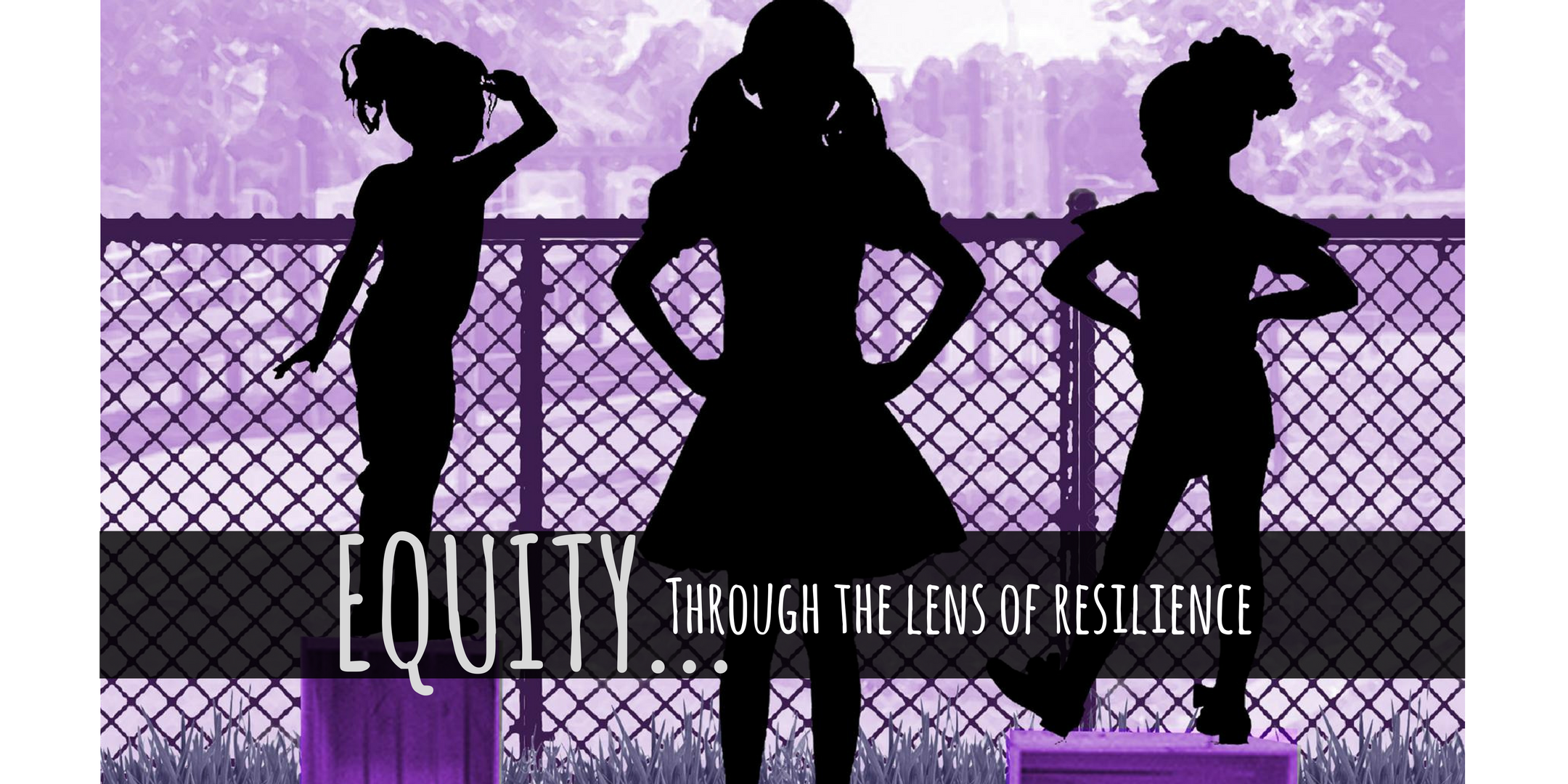
The many issues confronting Black boys in America has received heightened attention of late and received critical attention when President Obama launched his “My Brother’s Keeper” initiative. Criticism of the focus on Black boys, to the exclusion of Black girls, quickly mounted with many scholars, including prominently professor Kimberle Crenshaw, calling for a similar emphasis on the many challenges facing girls.
That message was heard in Pittsburgh and Allegheny County in western Pennsylvania as two foundations collaborated to bring together a collection of researchers, advocates and government officials to examine the data on Black girls in the region. The FISA Foundation and The Heinz Endowments are at the heart of an unprecedented effort to dig through the data and determine strategies to intervene on behalf of Black girls and improve their life chances. The two foundations and a local advocacy group, Gwen’s Girls, are at the center of these efforts that were the topic of discussion at an Equity Summit held at the University of Pittsburgh on October 14.
Providing the statistical backdrop for the Equity Summit was a report by a University of Pittsburgh faculty member, Dr. Sara Goodkind, who teaches in the university’s School of Social Work. She was among those who participated in the data review spearheaded by the two foundations. In speaking to NorthStarNews.com the day before the conference, Professor Goodkind noted that Black girls experience different forms of discrimination and that their plight is part of a growing national conversation. A researcher whose work focuses on programs and services for youth in the juvenile justice and child welfare systems, Goodkind explained that “Pennsylvania is one the worst states for racial disproportionality for Black girls” and cited disparities in juvenile justice referrals and poverty as examples of the reality on the ground for Black girls in western Pennsylvania.
Professor Goodkind suggested the high rates of victimization among Black girls is often the result of girls who are in the act of defending against aggressive behavior by assailants, and that how we characterize Black girls is often the result of who society decides is a victim and who is not. She alluded to the efforts of the Pittsburgh school district, noting that its leadership has been “pretty progressive,” but Black girls are still 3 times as likely as white girls to face suspension from school. It is the perception of Black girls that appears to be driving punitive actions against them and combined with implicit bias, driving the sharp disparities. As an example, the professor noted that Black girls in Allegheny County “are no more likely to use drugs than white girls but are referred more often to the juvenile justice system.”
One of the two foundations supporting this initiative is the FISA Foundation, a local organization with deep roots that has expanded its mission to be more inclusive of social justice concerns related to girls. FISA’s Executive Director Kristy Trautman told NorthStarNews.com that social justice was always a “core value” of FISA but the foundation is now looking more closely at the “intersection between our mission and identity issues.” She reflected that FISA was in a fairly unique position in that it takes a broad look across the community and was well equipped to help convene a broad cross-section of concerned parties to look at data on racial and gender disparities in Pittsburgh and Allegheny County. Among groups and individuals Trautman mentioned being a part of the initial discussion were the Women’s Law Project, the Education Law Center, Gwen’s Girls and PITT’s Goodkind.
The FISA Foundation executive pointed out that local advocates had been meeting across a number of the issues found in Goodkind’s report. Trautman referenced Gwen’s Girls as having “after school programs in place and included advocacy as a priority.” FISA’s strategy has been to make long-term investments, with a modest amount of funding year-to-year as opposed to sporadic support of local efforts that often short-circuit success.
Ms. Trautman also acknowledged the challenge of moving from data to action, and spoke of the steps that were being taken to follow-up after the Equity Summit. A nonprofit investigative journalism group, Public Source, will serve as a media partner to report out on the initiative. In addition, thought was given to how best to present the data for public consumption, and Professor Goodkind’s report was condensed as a user-friendly data profile that summarizes the statistics to make it more digestible for the layperson. The work will also be further informed by ongoing discussions in the community to determine priorities.
The Equity Summit at the University of Pittsburgh brought together a number of key stakeholders in academia, the not-for-profit sector, government, advocacy and philanthropy – all focused on trends in local and national data on inequity impacting girls of color.
The data snapshot, authored by Professor Goodkind and released during the Equity Summit, paints a daunting picture of the reality facing Black girls living in Pittsburgh and Allegheny County.
• Black girls in Pittsburgh’s public schools are more than 3 times as likely as their white peers to be suspended from school
• In Pittsburgh, 55% of Black girls and 68% of Black girls under age 5 are living in poverty
• Black girls in Allegheny County are 50% more likely to experience teen dating violence, more than twice as likely to be raped, and over four times as likely to be threatened or injured with a weapon
• Black girls in Allegheny County are referred to the juvenile justice court at a rate 11 times that of white girls
• Black girls are 14 times as likely as white girls to be referred to juvenile court for non-payment of fines
Click here to see the video from the Equity Summit.

today in black history
February 24, 2026
A.M.E. Bishop Daniel Payne, first Black president of a Black college (Wilberforce), is born on this date in 1811 in Charleston, SC.
Supporting Black Girls in Pittsburgh
POSTED: October 15, 2016, 3:00 pm



















